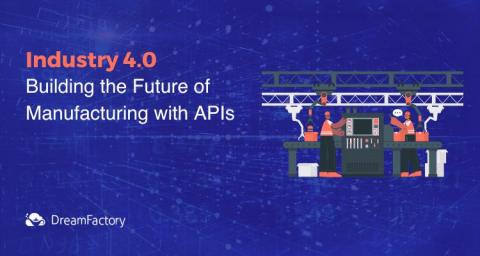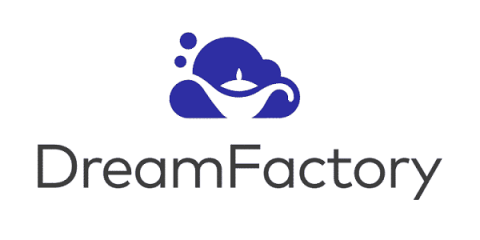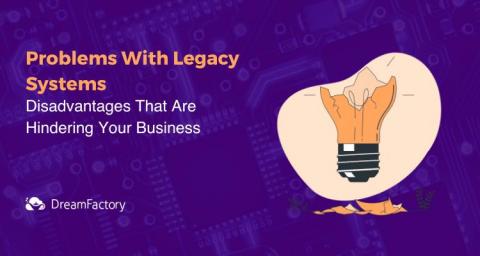Key Benefits of APIs For Pharmaceutical Companies
Many pharmaceutical companies have been around for decades and have to adapt to the ever-evolving, technologically driven world. However, even for pharma companies that have stayed up with technology trends, many still store their data and information in data silos and disparate systems.











